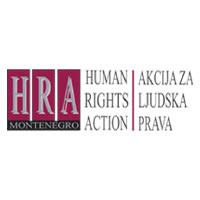


Sorry, this entry is only available in srpski.

Sorry, this entry is only available in srpski.

 Academic research often highlights the positive role of online memory activism in promoting alternative views on the legacy of war. Human rights activists increasingly use social media to advocate for justice and reconciliation in post-conflict settings, counter war crimes denial, mobilize public support, and foster open discussions on these issues.
Academic research often highlights the positive role of online memory activism in promoting alternative views on the legacy of war. Human rights activists increasingly use social media to advocate for justice and reconciliation in post-conflict settings, counter war crimes denial, mobilize public support, and foster open discussions on these issues.
The 2024 study Social Media, Stereotypes, and the Acknowledgement of War Crimes (Journal of Intervention and Statebuilding, Taylor & Francis) explores the role of social media in facilitating the acknowledgment of war crimes committed by one’s own ethnic group. The findings reveal that individuals are less willing to acknowledge their group’s responsibility for war crimes on social media. The study sheds light on the unexpected negative consequences of mediated visibility of war crimes and challenges assumptions of digital universalism, showing that the implications of visibility are context-dependent.

Sorry, this entry is only available in srpski.

Sorry, this entry is only available in srpski.

Sorry, this entry is only available in srpski.

Sorry, this entry is only available in srpski.

Sorry, this entry is only available in srpski.